
Adaptiva’s enterprise IT predictions for 2014 [Q&A]
This is the time of year when people like to get out their crystal balls and try to imagine what the landscape of the coming 12 months will look like. IT efficiency and system management systems provider Adaptiva has announced its predictions for enterprise systems in 2014. The company has identified three key trends which it believes will shape the landscape for the next year: that BYOD will fail to live up to its hype, that lack of WAN bandwidth will hamper infrastructure plans, and that the continued use of Windows XP will cause significant security issues.
We spoke to the company's Chief Technology Officer and founder Deepak Kumar about the trends he sees shaping the enterprise IT landscape next year.

New tools from Adaptiva aim to streamline Windows XP migration
Most people should know by now that Microsoft is ending support for Windows XP in April 2014. However, according to NetMarketShare's latest report, 31.24 percent of the PC market is still running the venerable OS.
For enterprises this raises serious security and compatibility issues not to mention the time and effort involved in migrating large numbers of systems. Solutions provider Adaptiva is offering an answer in the form of its OneSite Rapid OSD product to aid operating system deployment and cut the time and cost involved in moving to Windows 7 or 8.

Microsoft security report warns of risks from unsupported operating systems
Microsoft has released its latest Security Intelligence Report detailing the threat intelligence gathered from more than a billion systems worldwide.
With Windows XP support due to end in April 2014 the report takes a close look at the risks posed to consumers and businesses of using unsupported operating systems. According to StatCounter, XP and older systems still account for around 21 percent of those in use.

Windows XP users get a year of Chrome support after OS retires
It has served us well, but Windows XP is now considerably into old age; it's time to be put out to pasture. Microsoft is retiring the game-changing operating system on 8 April 2014 but this does not mean that people will not try to hang onto their beloved operating system for as long as possible.
One issue that XP diehards are going to face is support for apps. This is an old operating system, and it's not really reasonable to expect software manufacturers to keep pumping out new releases and updates. But just how long can you expect to receive updates and support? Google has nailed its colors to the mast in announcing that Chrome for XP will be supported for at least a year after Windows XP is retired.
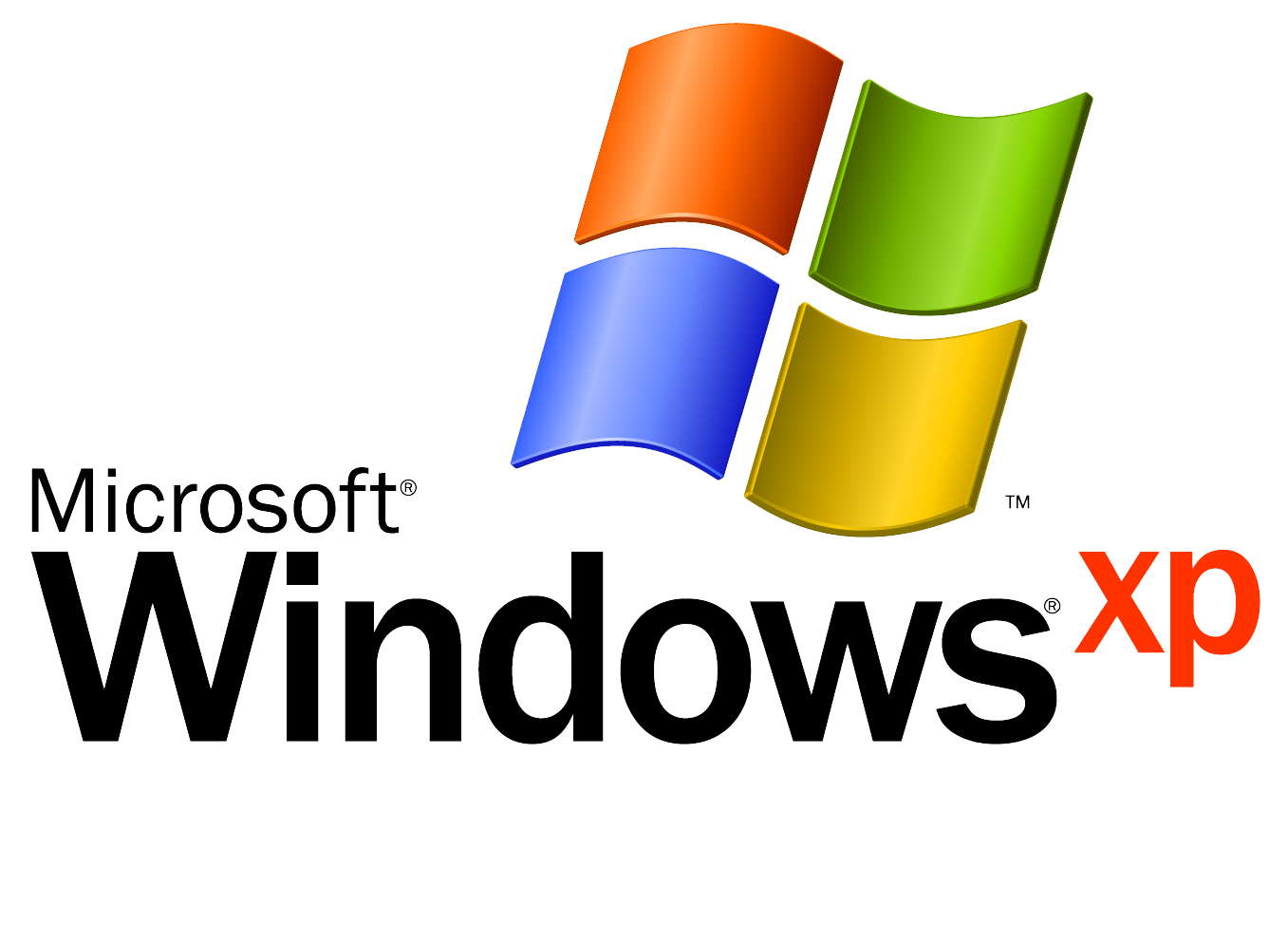
Legacy apps holding you hostage? 7 ways to safely migrate off Windows XP
"Windows XP will essentially have a 'zero day' vulnerability forever". These spot-on select words come from Tim Rains, who penned a stellar TechNet blog post back in August on the impending XP doomsday. That entry, aptly titled "The Risk of Running Windows XP After Support Ends April 2014" goes into a deep discussion about the underpinning reasons as to why it's so critical that organizations start moving their fleets off the now 12 year old OS.
I've been writing extensively about the end of XP for some time now myself, advocating customers begin their planning well ahead of the support sunset date.
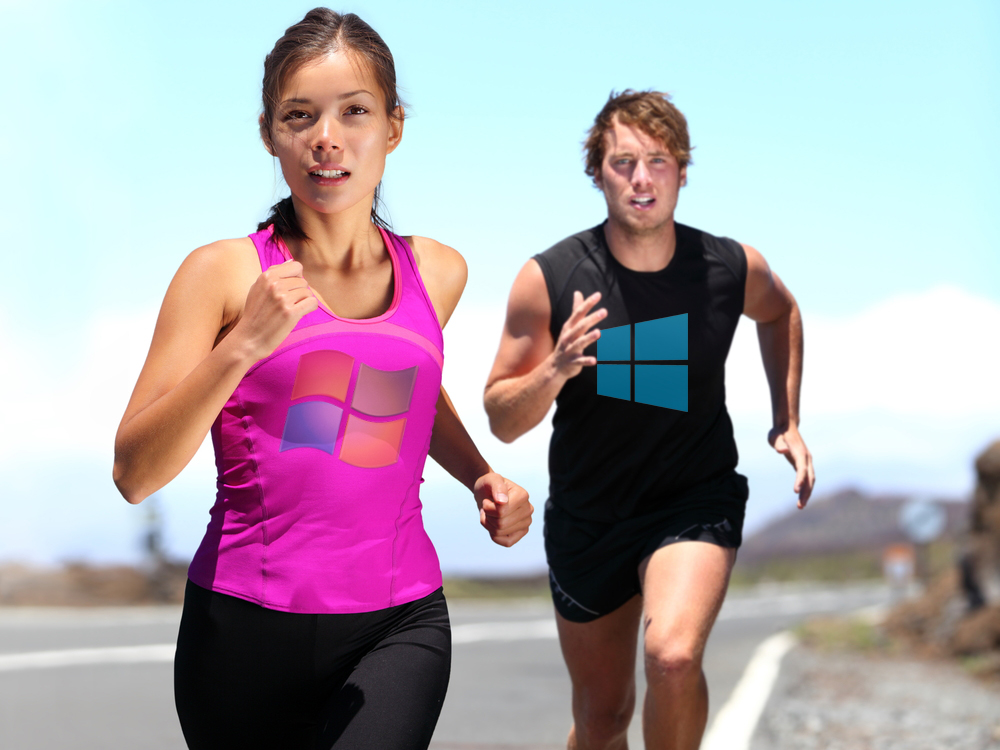
Windows 7’s growth currently outpacing that of Windows 8
There’s not long to go now until Microsoft unleashes Windows 8.1 upon the world. In my view the operating system refresh is Windows 8 done properly, but whether it does enough to win over the masses remains to be seen.
Certainly Microsoft will be hoping for a change in fortunes because the tiled operating system's market share is currently pretty poor -- at least when you factor in how much of a push the Redmond, Wash.-based software giant has put behind it.
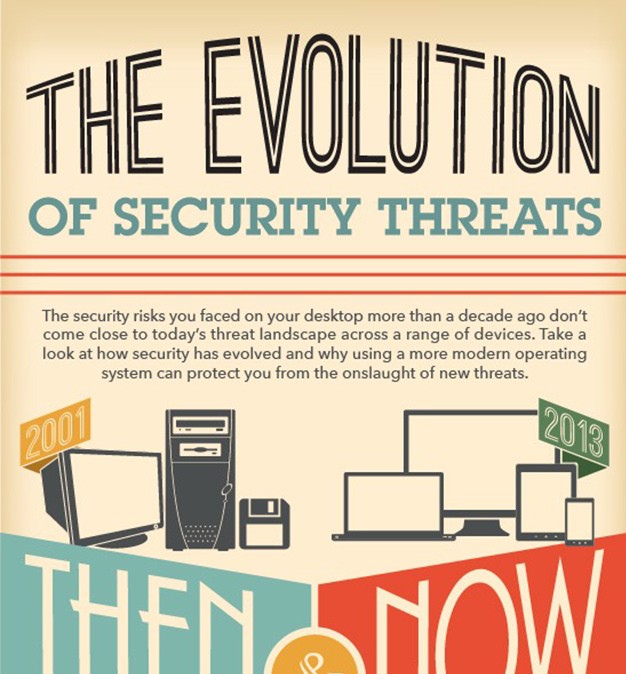
Windows 8 is 21 times safer than XP, and 6 times safer than Windows 7
I remember the UK launch of Windows XP very well. It took place in London a few weeks after the attacks of September 11 and security around the event was tight. Steve Ballmer was there to discuss the new OS in his own inimitable style, and afterwards we were given a copy of XP to try out for ourselves. That was 12 years ago, and obviously a lot has changed in the tech world since then, yet plenty of businesses are still running XP -- a major source of frustration to Microsoft.
In a blog post yesterday, Tim Rains, Director of Product Management in Microsoft's Trustworthy Computing group, discussed the risks of running Windows XP after support ends in April 2014. In a second post elsewhere Chris Hallum, Senior Product Manager at Microsoft, talked about how the evolution of security threats impacts businesses.

Tablets dance over PC's grave
Few are those who still profess a bright future for PCs and, starting today, even fewer will. According to IDC's latest forecast, in 2013 the PC market is expected to take another dive with shipments dropping by 7.8 percent. This is triggered by a shift in computing needs as users look for more versatility and less raw power.
"As the market develops, usage patterns and devices are evolving", says IDC program vice president Loren Loverde. "Many users are realizing that everyday computing, such as accessing the Web, connecting to social media, sending emails, as well as using a variety of apps, doesn't require a lot of computing power or local storage". Naysayers, it's time to face the music -- the average user can get away with a tablet or smartphone to get the job done.

Microsoft Windows sales are so good, they're scary
The "Microsoft's dead" meme is one of the most popular among tech bloggers and arm-chair pundit commenters. Posts are everywhere the last 30 days or so, fed this month by reports of record-weak PC shipments. After market close yesterday, with fiscal Q3 results, Microsoft proved critics wrong and showed just how much strength remains in the Windows franchise. More significantly, a dramatic change is underway, regarding which buyers generate more revenues.
IDC says that PC shipments fell 13.9 percent during calendar first quarter (Microsoft's fiscal third), and there was reasonable expectation Windows license sales would see similar fall off. Instead, when removing a one-time $1.085 billion deferral, Windows & Windows Live division revenue was flat ($4.62 billion) year over year. Given the sorry state of the PC market, flat isn't just good but great.
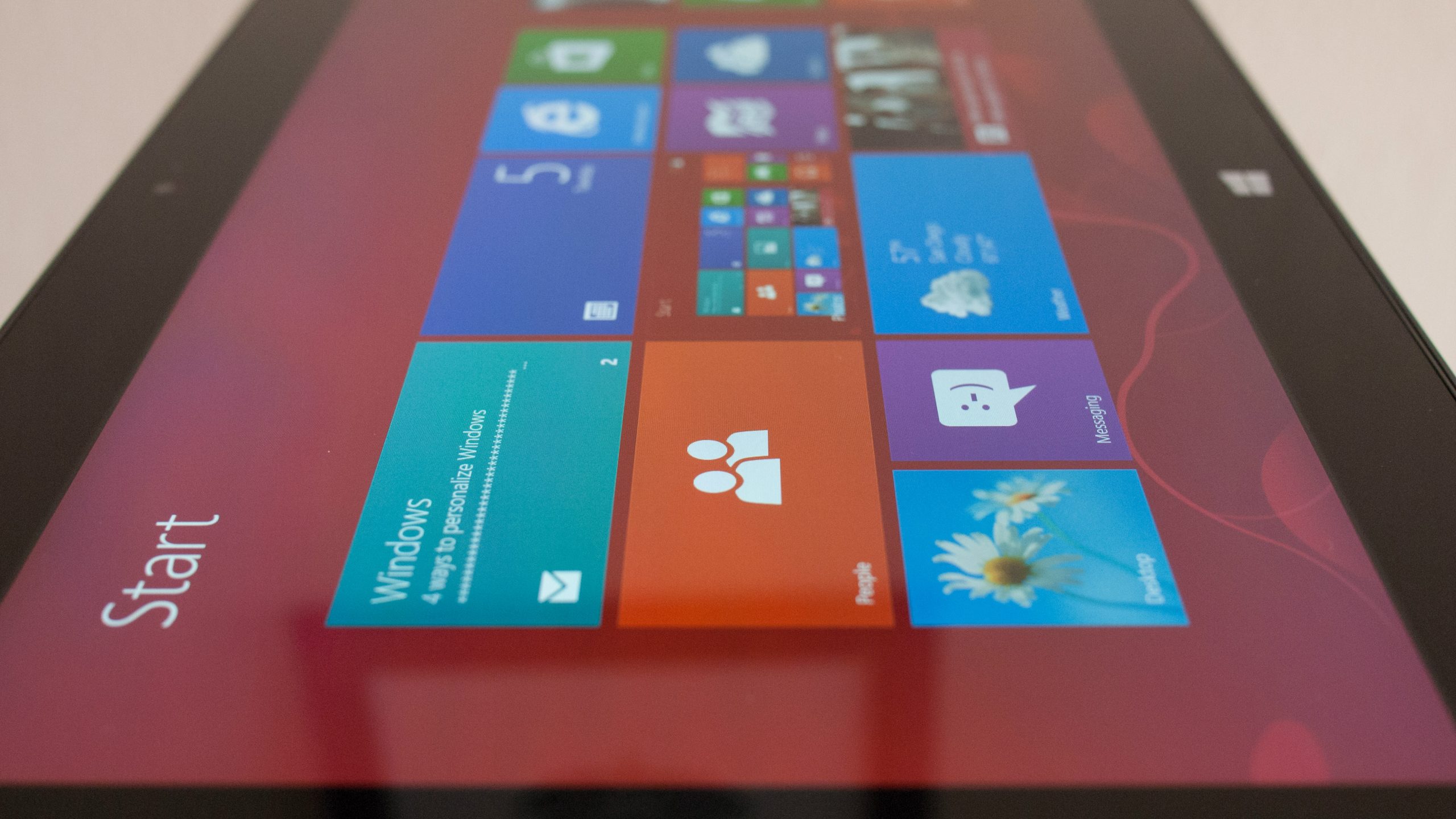
Windows 8 is the new XP
Microsoft's newest and oldest supported PC operating systems share some strange similarities. Windows 8 and XP launched during times of tepid computer sales, forecasts of low adoption and initially weak sales. Neither lifted PC shipments during the launch quarter. Yet the older software went on to be such a workhorse, as much as 40 percent of the install base clings to the OS -- nearly 12 years after launch. That's the future I see. Windows 8 isn't the new Vista, as so many pundits proclaim, but the new XP.
I am quite vocal about the changing of computer eras, a position taken up before Apple started selling iPhone in early summer 2007. But the change is a process gradual at first that accelerates over time. In the case of Windows or the typical personal computer set against cloud-connected devices there can be redefinition, and, with it, renewed relevance. No one should underestimate Microsoft or ignore the past when evaluating present trends. The PC and Windows died before and resurrected.

Microsoft beats Windows XP users into submission
What shameless exploitation. I know PC sales are slow, with Windows 8 giving no lift. So Microsoft resorts to this? Today, Stephen Rose issues an ultimatum: Windows XP support ends in 365 days. From April 8, 2014, there will be no more patches and updates for you.
How outrageous! Microsoft cuts off XP users thirteen-and-a-half years after releasing the operating system. My leather jacket is older, and the clothier who made it isn't forcing me to buy a new one. Nor does Texas Instruments demand I upgrade from the calculator purchased in college. If users want to run Windows XP forever, Microsoft should let them. Instead, it's compute at their own risks or upgrade.
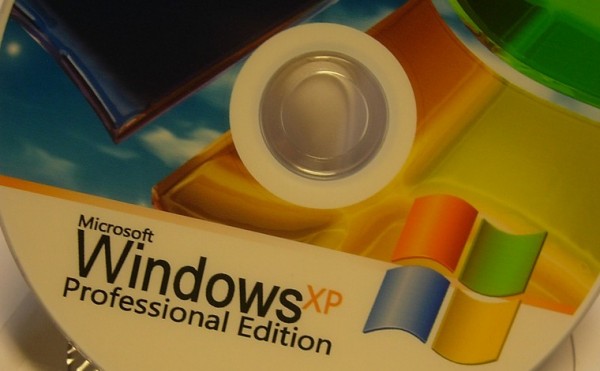
Support for Windows XP ends a year from now, should you care?
In exactly 365 days Microsoft will stop offering support for its still widely used but venerable operating system. XP has certainly had a good run. Microsoft will have supported the OS for 12 years, which shows how incredibly popular it was (its success also perhaps speaks volumes about how much better than its successors it was perceived to be, I’m looking at you in particular Vista).
But now Microsoft is dropping extended support for XP, so what does that actually mean for consumers and businesses who are still using the OS?
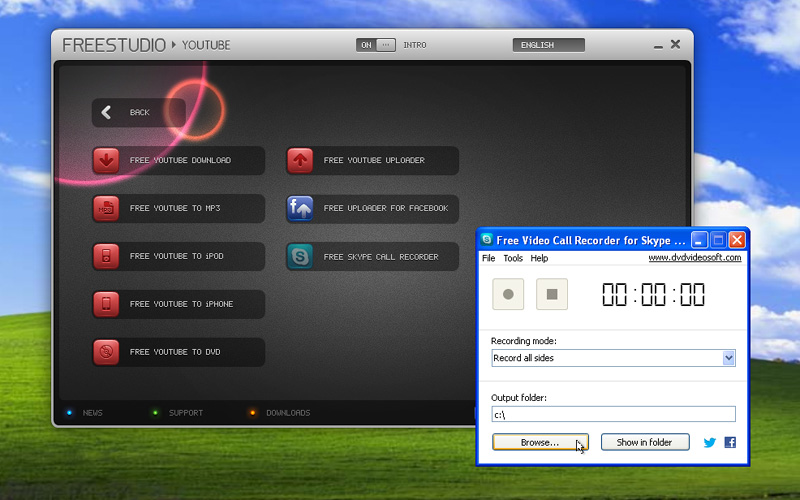
Better late than never, Free Studio 2013 v6.1 supports Windows XP
DVDVideoSoft Ltd has released Free Studio 2013 v6.1, a minor update for its freeware media tools bundle for Windows PCs. The tool, which provides a front end of no less than 48 different tools for recording, downloading, converting and editing both audio and video, comes with the promise of unspecified improvements and new features.
Notable changes include adding Windows XP support to the recently released Free Video Call Recorder for Skype, which is now also available in additional 12 languages, including Chinese, Dutch, German, Portuguese, Russian and Spanish.

Got Windows XP or Vista? You won't get Office 2013
Microsoft really wants you to stop using XP and Vista. Office 2013, which preview released this week, only supports Windows 7 and 8. XP is still the most widely-used Windows version (although Net Applications says that could change this month). From the perspective of customers, the move doesn't make much sense. But Microsoft, of course, is more interested getting them to upgrade.
Microsoft gambles a lot on this decision. According to NetApps, 47.28 percent of computers run the rather old Windows XP and a minuscule 7.29 percent use Vista. Combined they have 54.57 percent usage share, which is not insignificant by any matter and a clear warning sign about the move. Office 2013 cuts off more than half the current Windows install base.
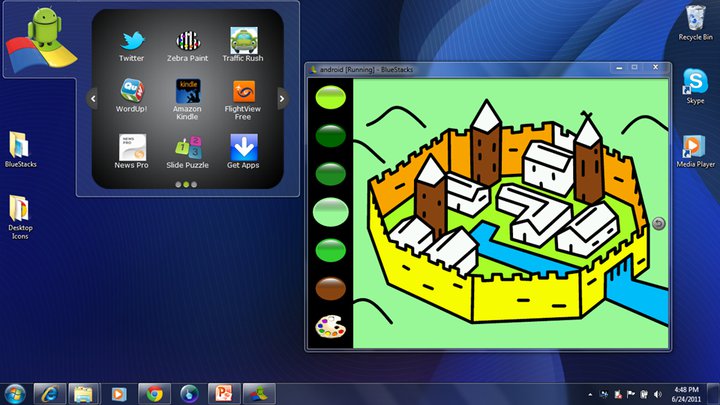
Android apps come to Windows XP with BlueStacks update, Mac OS next
BlueStacks App Player, the Windows application capable of smoothly virtualizing Android apps has launched for Windows XP. The alpha version that launched in October only ran on Windows 7 machines, but the company says nearly 20 percent of Android users are also Windows XP users, so this new version is for them.
So far, BlueStacks App Player has been downloaded by 500,000 people, an impressive feat for a company that was unheard of just six months ago. With this new version, the application's reach will grow even larger.
